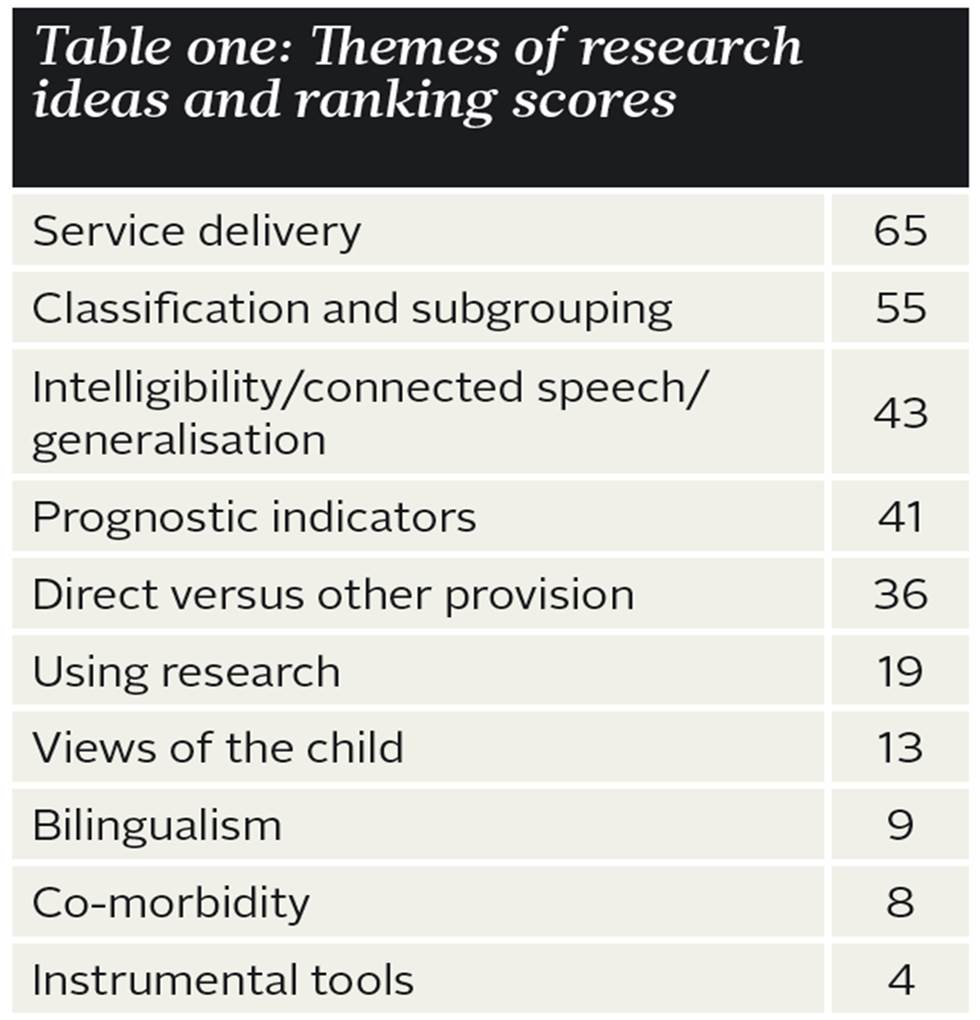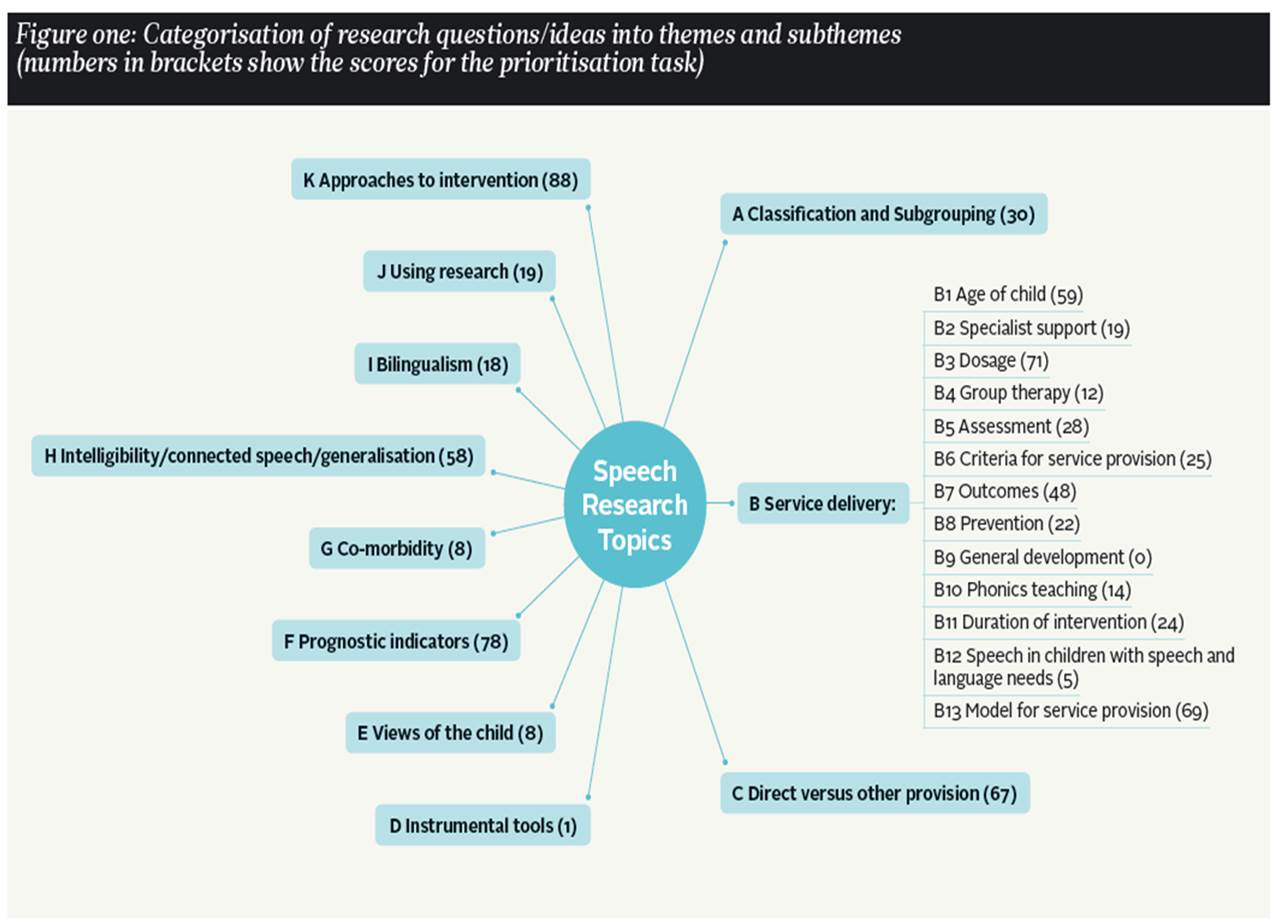Dr Kath Broomfield, BSc (Hons) Speech
Dr Katherine Broomfield
BMedSci (Speech), MSc, PhD, MRCSLT
Senior Research Associate
I qualified as a speech and language therapist from the University of Sheffield in 2001, and completed a Masters degree in Allied Health Professionals in Clinical Leadership with City University, London in 2011. I worked in clinical roles in several different localities across the UK, predominantly with adults who acquired communication difficulties because of neurological conditions. Latterly, I led a local augmentative and alternative communication (AAC) service in Gloucestershire. AAC, or communication aids, are external devices that support people who cannot speak clearly enough to get their message across. In 2014, I secured funding from Health Education England Southwest to carry out a Clinical Academic Internship with BSLTRU which I used to build an application for a Health Education England (HEE)/National Institute for Health Research (NIHR) Clinical Doctoral Fellowship (2017-2022). My doctoral research project aimed to understand more about the experiences of using AAC to develop a patient reported outcome measure (PROM). I was awarded my PhD in 2024, and plan to build on my doctoral research project in future grant applications. I am currently carrying out a Stroke Association Wales - funded project with colleagues at Cardiff Metropolitan University exploring the experiences of accessing speech and language therapy for people who speak Welsh and have aphasia following stroke.
For more information about me and my project:
unspokenvoicesproject.wordpress.com/
Researchgate profile



